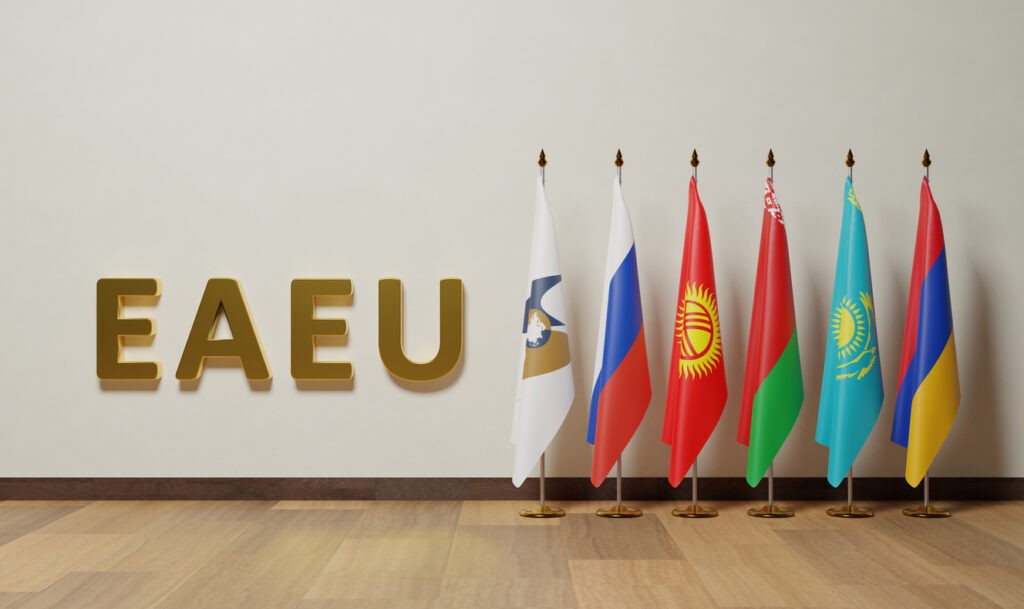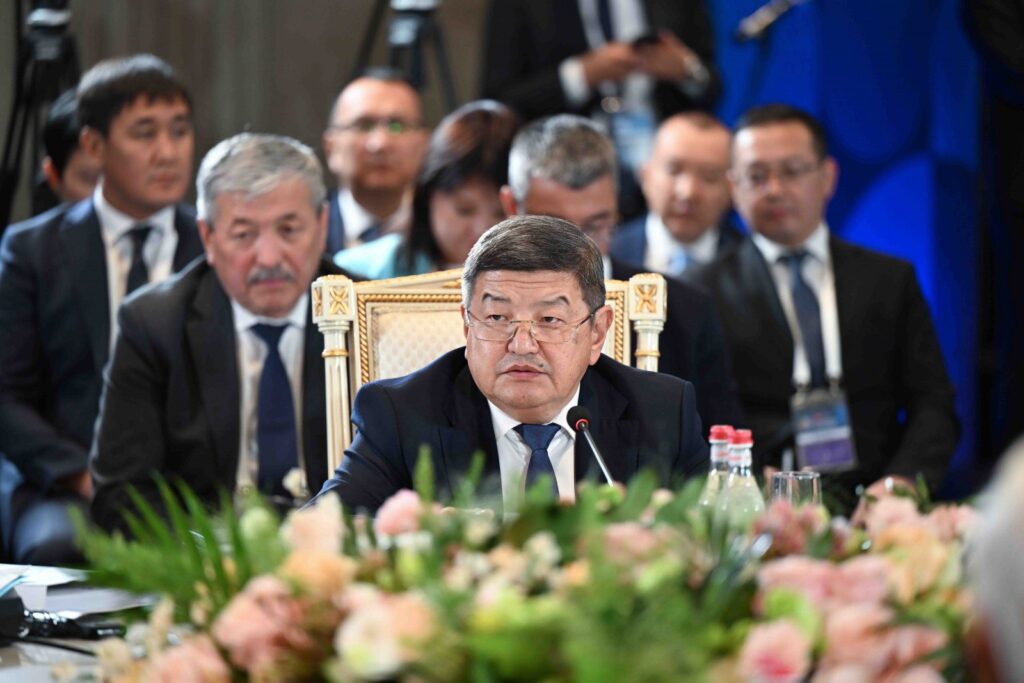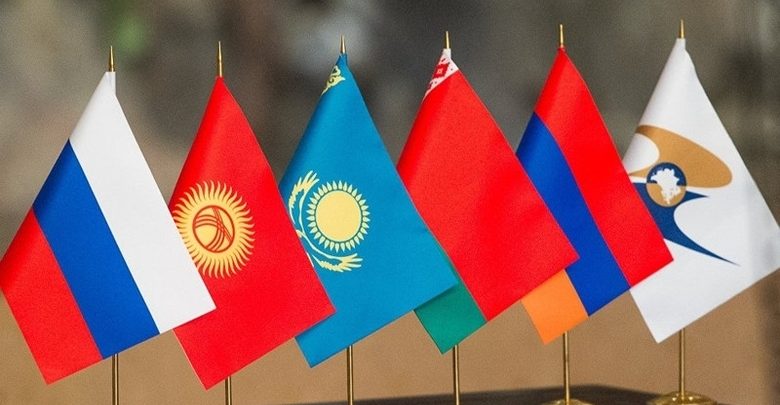The Eurasian Economic Union (EAEU) recently celebrated its first significant anniversary. According to the numbers, the years of integration have positively impacted the member states' economies; however, there are serious trade wars in the bloc, and some entrepreneurs fear the collapse of entire industries. The agreement on creating the EAEU was concluded on May 29, 2014, in Astana by the presidents of Kazakhstan, Russia, and Belarus. Later, Armenia and Kyrgyzstan joined the union, whilst Moldova, Uzbekistan, and Cuba hold observer state status. The member states initially emphasized the strictly economic nature of the union, and continuously refused to politicize it. For Kazakhstan, membership in the EAEU is advantageous, because it simplifies exporting raw materials to foreign markets. In addition, the union has unified customs regulations and duty-free trade. According to official sources, the GDP growth rate of all EAEU countries in 2023 amounted to 3.8%, which is higher than global GDP growth. In Armenia, growth is 8.7%, in Kyrgyzstan 6.2%, in Kazakhstan 5.1%, in Belarus 3.9%, and in Russia 3.6%. Mutual trade between member states has almost doubled since the union's inception, with foreign trade increasing by 60%. Kazakhstan has increased trade turnover with EAEU countries 1.7 times, and foreign exports have doubled. According to the Bureau of National Statistics of Kazakhstan, foreign trade turnover for January-March 2024 increased to $31.2 billion, of which the share of trade with EAEU countries amounted to 19.6%, reaching $6.1 billion. Russia's share in the volume of Kazakhstan's external trade turnover (within the EAEU) exceeds 90%. Nevertheless, creating a common harmonized market intended to copy that of the European Union has not yet been possible. A regulation financial system, logistics system, efficient electricity market, and other projects have yet to be implemented. In addition, the EAEU is often shaken by trade wars, and producers suffer from price dumping. Kazakhstani businessmen and farmers have repeatedly complained that the expansion of cheap Russian goods threatens their livelihoods. This problem is particularly acute in the production of eggs, chicken, and dairy products, whilst Kazakhstan is critically dependent on Russian imports in some sectors, especially food. For example, when Russia imposed quotas on sugar exports or otherwise restricted sales, the cost of these products in Kazakhstan tripled in 2022. As soon as Russia removed these restrictions, the price quickly adjusted. Comparable fluctuations are also observed in other sectors. Due to international sanctions, dairy producers from Russia and Belarus redirected their supplies to Kazakhstan and started dumping prices to take over the Kazakh market. In this regard, some experts proposed that the border be closed to these products to preserve the local dairy industry. At the same time, analysts referred to Russia's frequent bans on the export of certain goods, mainly wheat and sugar. Such measures are not conducive to integration, but rural producers believe that Kazakhstani officials cannot effectively defend their interests in the EAEU market, even though they hold significant positions in the integration body. This year, Kazakhstani entrepreneurs again complained that Russia and Belarus were flooding...





